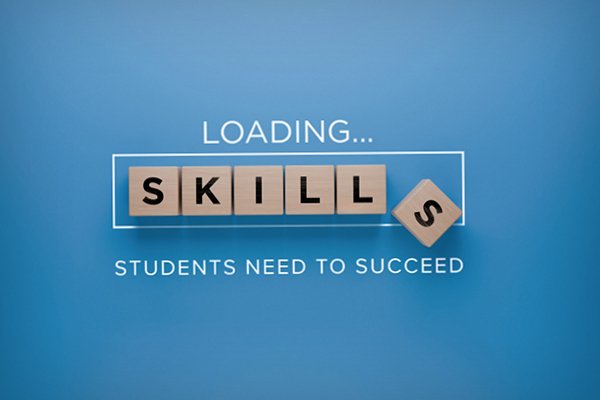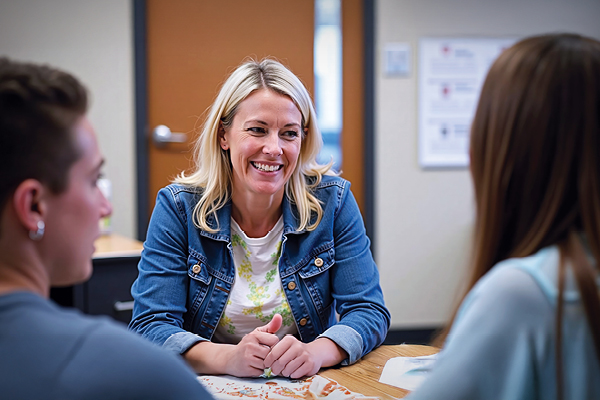Soft skills such as adaptability and critical thinking often come up as the most important abilities graduates need, according to an Education Week article.
An informal LinkedIn poll conducted by Education Week found nearly three-quarters of participants listed adaptability as the most important skill to possess. Around 15 percent selected “ability to focus,” and 9 percent said “empathy.”
Here is a sample of responses:
- “Industriousness and the ability to learn from mistakes” will be essential skills for students entering the workforce.
- “Listening, asking clarifying questions, and following directions.”
- “Communication skills: written and oral.”
- “As a former HS teacher, I’d say reliability and ability to stay off their phones is what they need most.”
- “Perseverance and integrity.”
Technical savvy isn’t ruled out. Creativity and accepting criticism are important, and so is adeptness with artificial intelligence, said one teacher.
What do senior executives at major companies want in their future employees? Skills that align with those teachers believe are success drivers.
Education Week asked some of the nation’s largest employers late last year about specific social-emotional skills sought, and responses included relationship skills, self-control, curiosity, communication, teamwork, reliability and problem-solving.
But the quality of student soft skills have declined in some areas, according to an EdWeek Research Center survey of educators
Students’ ability to direct their own learning and advocating for themselves was lower than it was 10 years ago, according to almost 8 in 10 educators .And students’ ability to make and maintain appropriate eye-contact was worse than it was a decade ago, according to 62 percent of teachers, principals, and district leaders surveyed.
So how do schools address these workforce skills gaps?
Social-emotional learning has some impact on students’ development of soft skills, such the ability to communicate and think critically, according to most teachers, principals and district leaders surveyed by the EdWeek Research Center survey last December.
But developing those soft skills can be problematic. There are fewer SEL curricula designed specifically for the developmental needs of middle and high school students and high schools struggle to carve out time to devote to SEL.
“Yes, SEL is important, especially because our students are not getting a lot of this at home. But we are also understaffed and we are overworked,” said one educator.
Education Week




